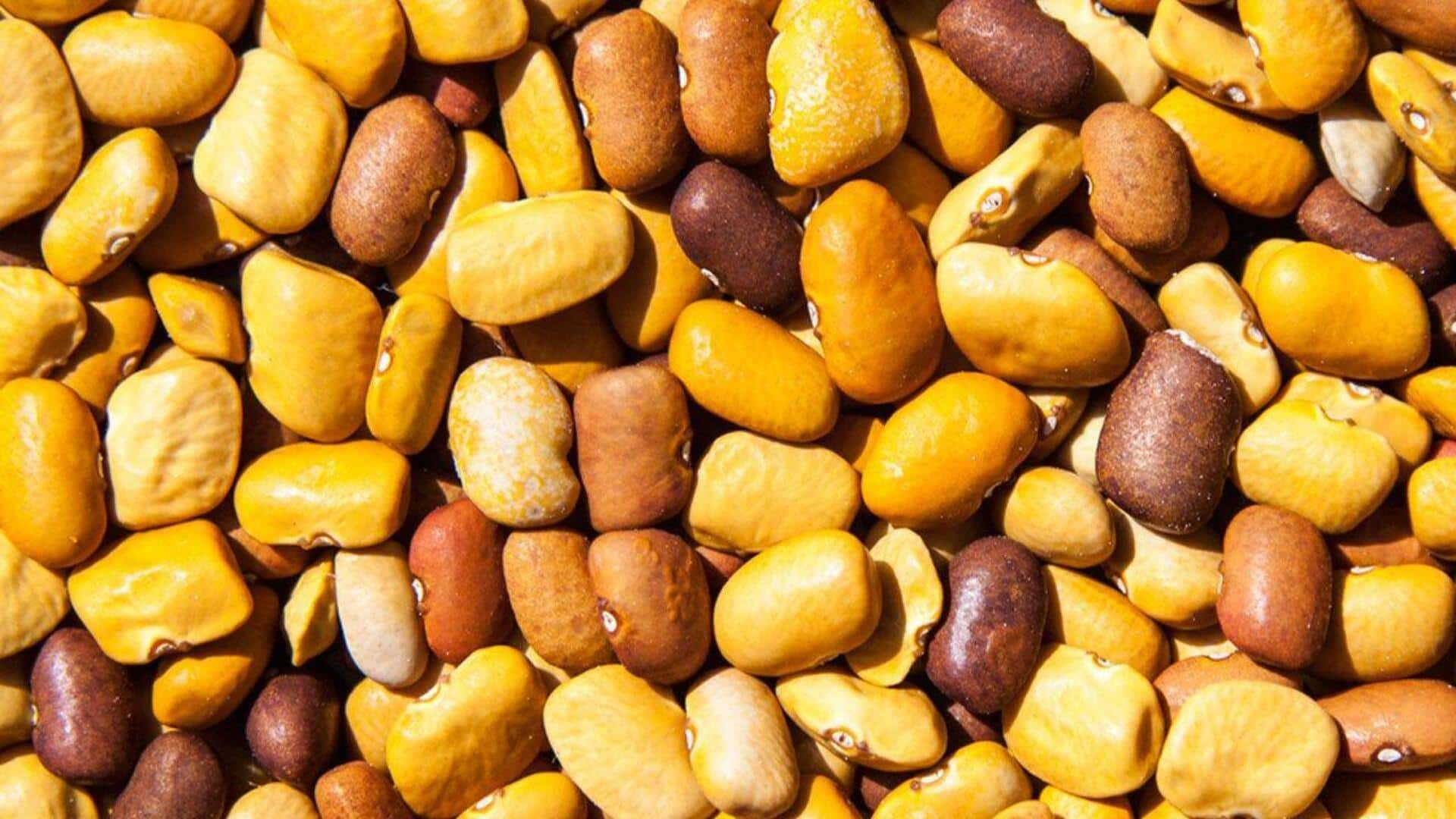
Tepary beans: The superfood you may not know about
What's the story
Native to the arid regions of Africa, tepary beans are making waves for their nutrition and climate-resilient properties. These tiny beans are filled with nutrients that can go a long way in making a balanced diet. Despite their potential, tepary beans are still underutilized in many parts of the world. Here are the health benefits and unique properties of tepary beans, and why they should be more popular as a staple food source.
#1
Nutritional value packed in small size
Being rich in protein, tepary beans serve as a great source of plant-based protein for vegetarians and vegans. They also have essential amino acids that our body needs to function properly. Plus, these beans are rich in dietary fiber, which helps in digestion and keeps cholesterol in check. Their nutritional profile is further boosted by vitamins like B-complex vitamins.
#2
Resilience against harsh climates
One amazing quality of tepary beans is that they flourish in dry conditions where other crops would perish. Their drought-resistant nature makes them a perfect crop for areas struggling with the problem of water scarcity. This not only guarantees food security but also encourages the practice of sustainable agriculture by minimizing the requirement of heavy irrigation.
#3
Potential health benefits beyond nutrition
Beyond basic nutrition, tepary beans may offer potential health benefits owing to their antioxidant properties. Antioxidants help combat oxidative stress and reduce inflammation within the body. Its regular consumption may contribute to improved heart health by lowering blood pressure and reducing the risk of cardiovascular diseases.
#4
Economic opportunities through cultivation
Cultivating tepary beans also opens up economic opportunities for farmers in regions where they can be grown. As demand increases with growing awareness about their benefits, farmers will be able to penetrate new local and international markets. Their low input requirements make it an economical crop choice while ensuring a steady income stream through sales or trade exchanges in the community or abroad.